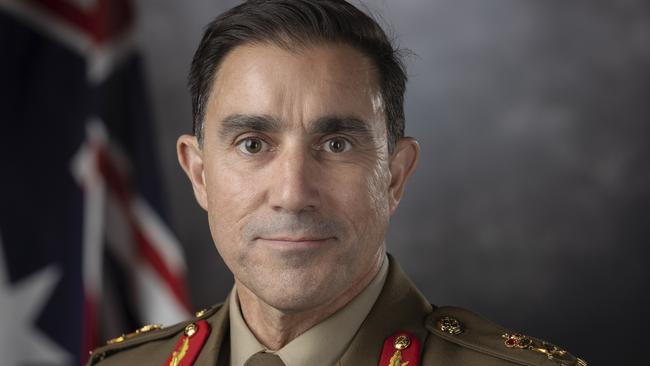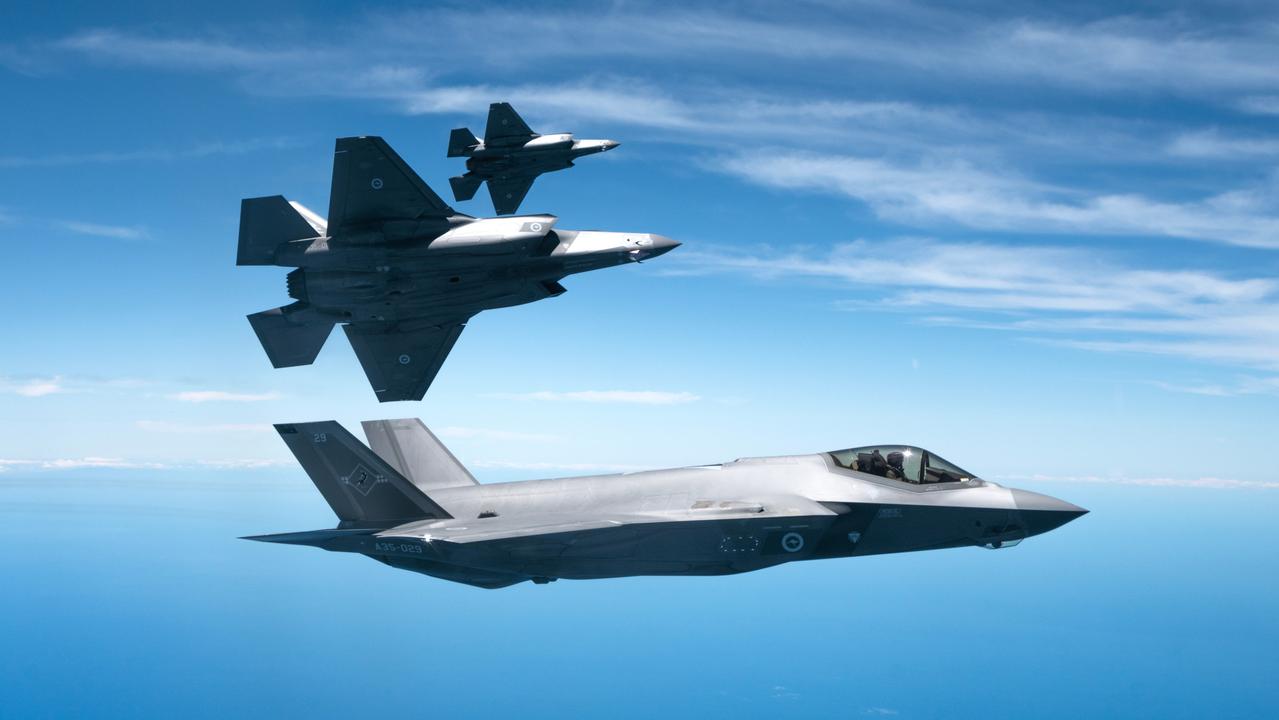Ukraine underlines enduring nature of warfare
War, some argue, is in a new era. But to students of history, the wars of today are curiously familiar.

Are we witnessing a revolution in warfare?
At first glance, the answer to this appears self-evident. The hundreds of videos of first-person-view drones destroying armour and helicopters create an impression that the whole of the Ukrainian battlefield is a “death zone” where movement is virtually impossible.
In the Red Sea, cheap, long-range missile technology is being exploited by the Houthis, a group without its own defence industrial base, to hold much of the world’s trade to ransom.
Images of shadowy, state-sponsored cyber operations swirl around dark webs, painting a picture of a clandestine battlefield being fought just out of sight.
War, some argue, is in a new era. But to students of history, the wars of today are curiously familiar.
It was the US analyst Stephen Biddle who first wryly observed that the trench warfare of Ukraine is as reminiscent of the Great War as it is of Star Wars.
Those with the technological edge are finding that the promise of a quick, clean and decisive victory remains a fallacy. Their wars, designed to be short and often for limited ends, are dragging on: growing, metastasising, proving impossible to control.
How does one reconcile between this apparent revolution in war, and the continuities of warfare?
Stacie Pettyjohn of the US Centre for a New American Security recently offered one answer: the changes we are seeing in warfare are evolutionary, not revolutionary.
I agree, for one reason – none of these changes is proving to be decisive. Instead what we are seeing is an “action, reaction, counter-action” cycle that is as old as warfare itself.
As fast as one side develops a new technology, the other side designs a counter. They find themselves locked in visceral battles of attrition, reminiscent throughout history, and in the middle remains the soldier. There is still no way to make war quick, clean, and predictable.
The effect of technology on the character of war is profound, as it is in every facet of life. Technology is making the battlefield more transparent, more precise, and more lethal. But the lesson of history is that we should be cautious about what we are seeing. History reminds us that while the character of warfare might change according to the “spirit of the age”, its nature remains the same.
The nature of war is enduringly human, fought with all of the human contradictions – pride, honour, fear and interest. This nature is evident in the tragic conflicts we are seeing around the world today. I would argue it is actually far more prominent than drones or long-range missiles.
A prime example of this is Ukraine’s incursion into the Kursk region. Australia is closely watching developments in this conflict and conducting our own analysis of the lessons. Just over a month ago, one could argue that this large-scale manoeuvre by the Ukrainian armed forces was impossible given the revolution in warfare. Yet today Ukrainian soldiers have captured a thousand square kilometres of Russian territory, having achieved strategic surprise and penetrated Russia’s defences using modern combined arms manoeuvres. The benefits of this action are far more human than territorial; an opposing President under pressure, a major boost in Ukrainian military and civilian morale, and a stronger negotiating position. It seems that applying operational art for strategic effect is not yet consigned to history.
The lesson and the challenge for all military professionals is to judge the balance between the ever and rapidly changing character of war with its enduring nature. Getting this right is the central challenge of our profession today. We must leverage the best of technology to maintain an edge. Now is not the time to be a luddite. But equally we must avoid the siren’s song of what some call “new bomber theories”: the ideas that technology alone will be decisive, and that war can be quick, clean and controllable.
The conflicts we see today remind us that such a belief is a fallacy. War’s nature endures.
It is a brutal, uncontrollable contest of wills, fought by humans for political ends and with devastating effect. We work every day to prevent war in our region by preparing for its eventuality. Should it come, we must nurture our moral, intellectual and professional foundations as much as our technological edge. Herein lies our will to fight, and this is far more likely to prove decisive than anything else.
-
Lieutenant General Simon Stuart AO DSC is Chief of Army.



To join the conversation, please log in. Don't have an account? Register
Join the conversation, you are commenting as Logout